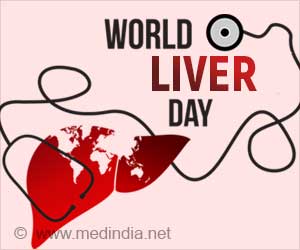- It is advisable to keep the daily salt intake below six grams
- Animal studies revealed that the hormone response to environmental stress was double on a high salt diet than that on a normal diet
What is the Recommended Salt Intake Per Day
Adults should consume no more than six grams of salt every day, although most people often consume nine grams. It may result in elevated blood pressure, which raises the dangers of vascular dementia, heart attacks, and strokes.Effects of a High-Salt Diet
Although the consequences of a high-salt diet on the heart and circulatory system have long been acknowledged, nothing was known about how it can affect someone’s behavior.Mice, which typically consume a minimal amount of salt, were employed by researchers from the University of Edinburgh to explore this. They were then fed a high-salt diet to simulate the salt intake of humans.
They discovered that the mice’s hormone response to environmental stress was twice that of mice on a normal diet. Their resting stress hormone levels increased. Consuming excess salt led to an increase in the activity of certain genes in the brain. These genes make the proteins that regulate how the body reacts to stress.
Source-Medindia















